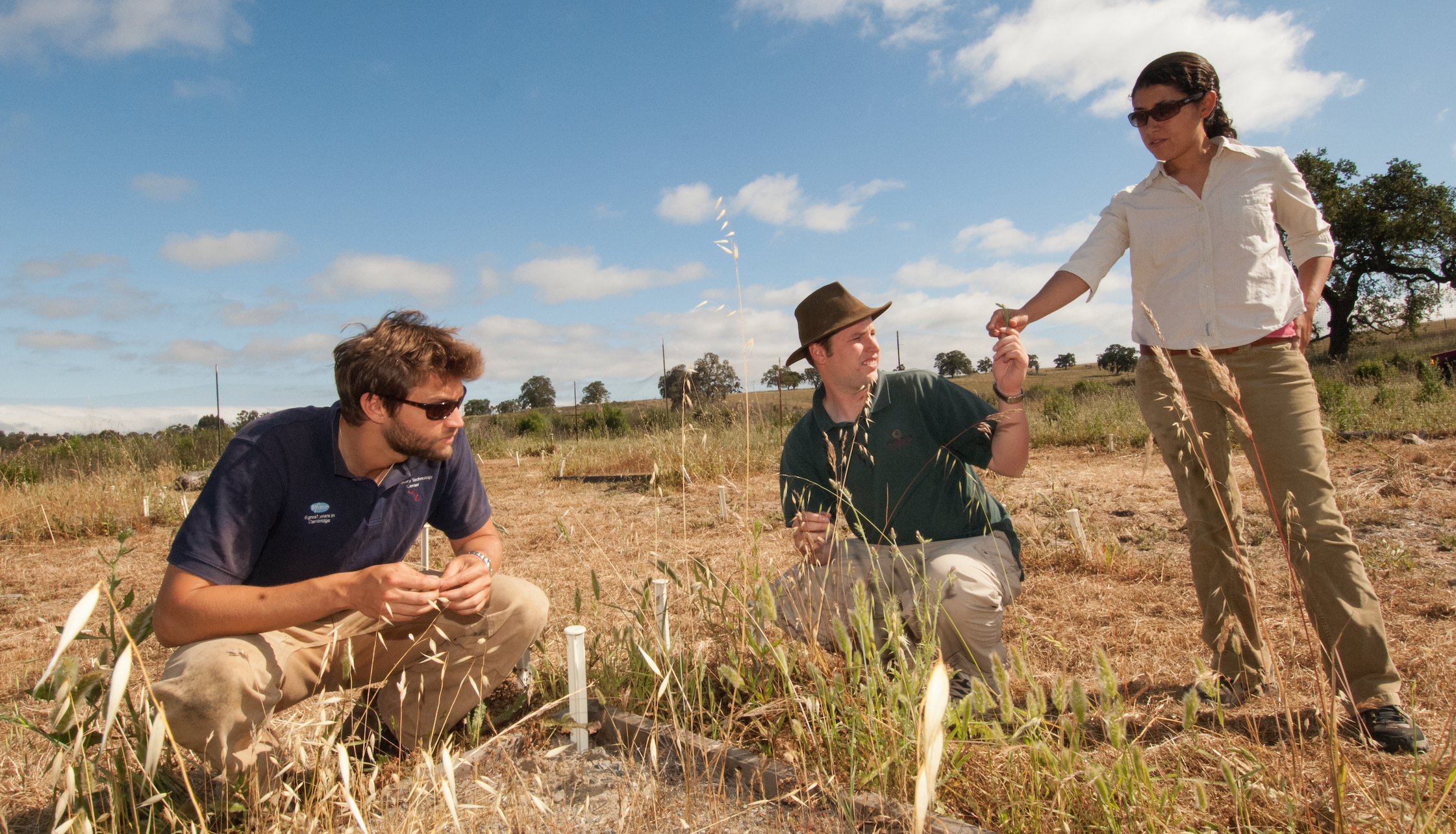不同的学科,共同的目标
2003年,斯坦福大学第十任校长约翰·亨尼斯宣布成立一个新的跨学科环境研究所——一个独立的中心,作为斯坦福大学环境研究和教育的保护伞组织。
他们面临的一些最艰巨的挑战是环境问题:为了人类的子孙后代,如何才能建立一个支持可持续发展的世界?
多年来,这个问题一直在推动一场校园草根运动,由一群做环境相关研究的斯坦福大学教员领导。他们研究的领域非常不同——农业、生物、地球科学、经济学、工程学和法律——但他们有一个共同的理解:现代环境挑战需要多学科的解决方案。该小组与大学领导合作,设想建立一个跨学科研究中心,为现实世界的政策解决方案提供启示。
2006年,该研究所正式更名为斯坦福大学受托人沃德·w·伍兹(Ward W. Woods, 1964年)。

愿景
斯坦福伍兹环境研究所(Stanford Woods Institute for The Environment)致力于通过确定当前和未来的环境问题和挑战,促进一个环境无害和可持续的世界。该研究中心将通过整合科学、技术和政策,开发创造性的解决方案来应对这些挑战,并有效地在斯坦福之外传播研究和发现。
作为该大学跨学科环境和可持续发展研究的中心,斯坦福伍兹研究所是斯坦福大学教师、研究人员和学生合作进行环境研究的首选场所。他们的跨学科工作跨越部门和学科,推动解决最关键、最复杂的环境和可持续性挑战。
在校园和世界各地,斯坦福伍兹研究所社区培养环保领袖;向决策者提供公正的科学数据;召集来自斯坦福七所学院、其他主要学术机构、政府、非政府组织、基金会和企业的专家。斯坦福伍兹研究所正在寻求突破性的知识和解决方案,将知识与行动联系起来,解决今天和明天的环境挑战。
斯坦福伍兹研究所是斯坦福Doerr可持续发展学院的一部分。
Different disciplines, common goals
In 2003, Stanford's tenth President, John Hennessy, announced the formation of a new Interdisciplinary Environmental Institute -- an independent center that will serve as an umbrella organization for environmental research and education at Stanford.
"Some of the toughest challenges we face are environmental issues," he said at the time. "How can we build a world that supports sustainable development for our" children's children's children "?
For years, the issue has fueled a grassroots movement on campus, led by a group of Stanford faculty members who do environment-related research. Their fields of study are very different - agriculture, biology, earth sciences, economics, engineering and law - but they share a common understanding: modern environmental challenges require multidisciplinary solutions. Working with university leaders, the group envisioned an interdisciplinary research center that would shed light on real-world policy solutions.
In 2006, the institute officially changed its name to Ward W. Woods (1964), a Stanford University trustee.
vision
The Stanford Woods Institute for The Environment is committed to promoting an environmentally sound and sustainable world by identifying current and future environmental issues and challenges. The research center will develop creative solutions to these challenges by integrating science, technology, and policy, and effectively disseminate research and findings beyond Stanford.
As the university's center for interdisciplinary environmental and sustainability research, the Stanford Woods Institute is the preferred venue for Stanford faculty, researchers, and students to collaborate on environmental research. Their interdisciplinary work spans sectors and disciplines to drive solutions to the most critical and complex environmental and sustainability challenges.
On campus and around the world, the Stanford Woods Institute community trains environmental leaders; Providing unbiased scientific data to policy makers; Bring together experts from Stanford's seven schools, other major academic institutions, government, nongovernmental organizations, foundations, and business. The Stanford Woods Institute is seeking breakthrough knowledge and solutions that connect knowledge with action to solve the environmental challenges of today and tomorrow.
The Stanford Woods Institute is part of the Stanford Doerr Institute for Sustainability.